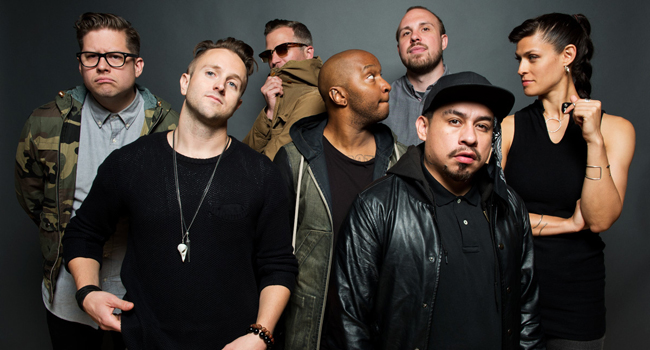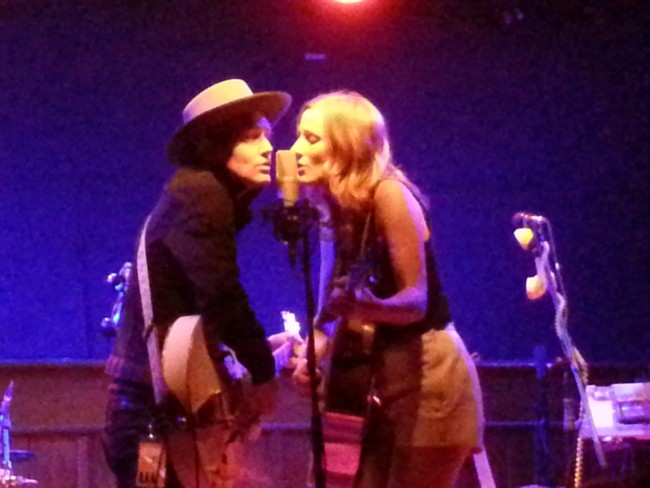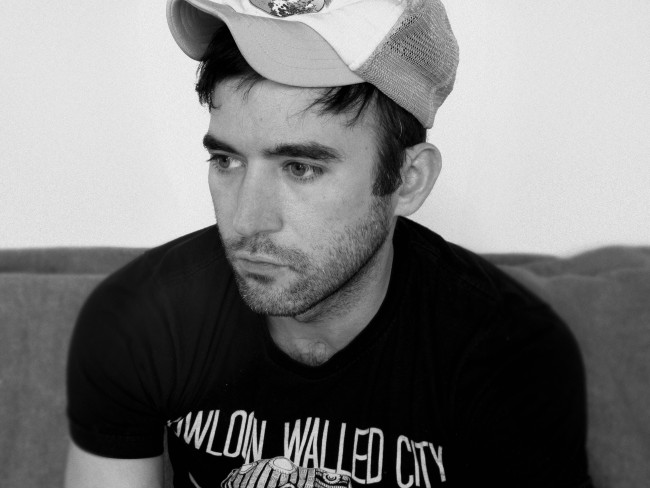It’s hard to say what the archetypal Crocodile fan looks like, or how he or she reacts to the band’s music. Chicago’s Subterranean on Oct. 5—looking like a rehabbed 19th century brothel—crowded grunge kids, well-dressed Ryan Gosling lookalikes, greaser wannabes in tight jeans, middle aged guys nipping beers and pairing jeans with dinner jackets, and of course the boilerplate, obnoxiously underage couple clearly in the throes of young love and irresponsibility. You had nothing in common with the person to your left and the person to your right, with the exception that you all three like Crocodiles.
But, it seems like the proper tone to set for this band, a San Diego noise pop band who, on paper, seem like a group whose sound comes a dime a dozen among the countless other noise pop/surf rock/psychedelic-ing bands that are as trendy and fleeting as the guy to your left’s acid wash denim jacket and the girl to your right’s blonde faux hawk. Yet, tracks from their most recent release, Endless Flowers, offer catchy, memorable songs you return to soon after first listen, and an inventive sound that discourages the type of monotony reserved for most Urban Outfitters-lauded bands. Once the quartet took the stage at Subterranean most if not all trendy pretenses were dropped.
This group had the kind of casual-yet-revved stage presence that encouraged the crowd—trendy or loner—to cut lose and at any rate feel comfortable. It soon elicited every reaction from the Gosling doppelgänger in the back holding his whiskey and slightly nodding his head, to the youthful couple flailing and convulsing before the stage.
With barely a mishap Crocodiles put on an eight-track set that left little room for filler or chatter. The close quarters and reckless acoustics of Subterranean fused the sound with anyone who could hear it.
Bassist Marco Gonzalez made the songs jump and the audience feel his parts in their veins while frontman Brandon Welchez, who looked like Chris Isaak’s angsty baby brother, hung on the mic stand and crooned like Julian Casablancas, periodically taking a break to don his guitar.
Guitarist Charles Rowell filled the post-punk deficit with noisy squall that burrowed in your ears while an occasional tambourine fill pierced the air. Keyboardist Robin Eisenberg’s parts were more difficult to hear and, frankly, they’re not as prominent as they deserve to be on the albums and on the stage. But, her saccharine harmonies matched well with Welchez’s punk-influenced baritone.
By the end of the short-but-sweet set, the bass drum throbbed a lump in the crowd’s throat, and as the guitars and vocals rolled into noise oblivion, and the band climbed the spiral staircase back to San Diego. The middle aged guys, the grunge kids, the greasers, the suited men and everyone in between—all left energized and exhausted.



